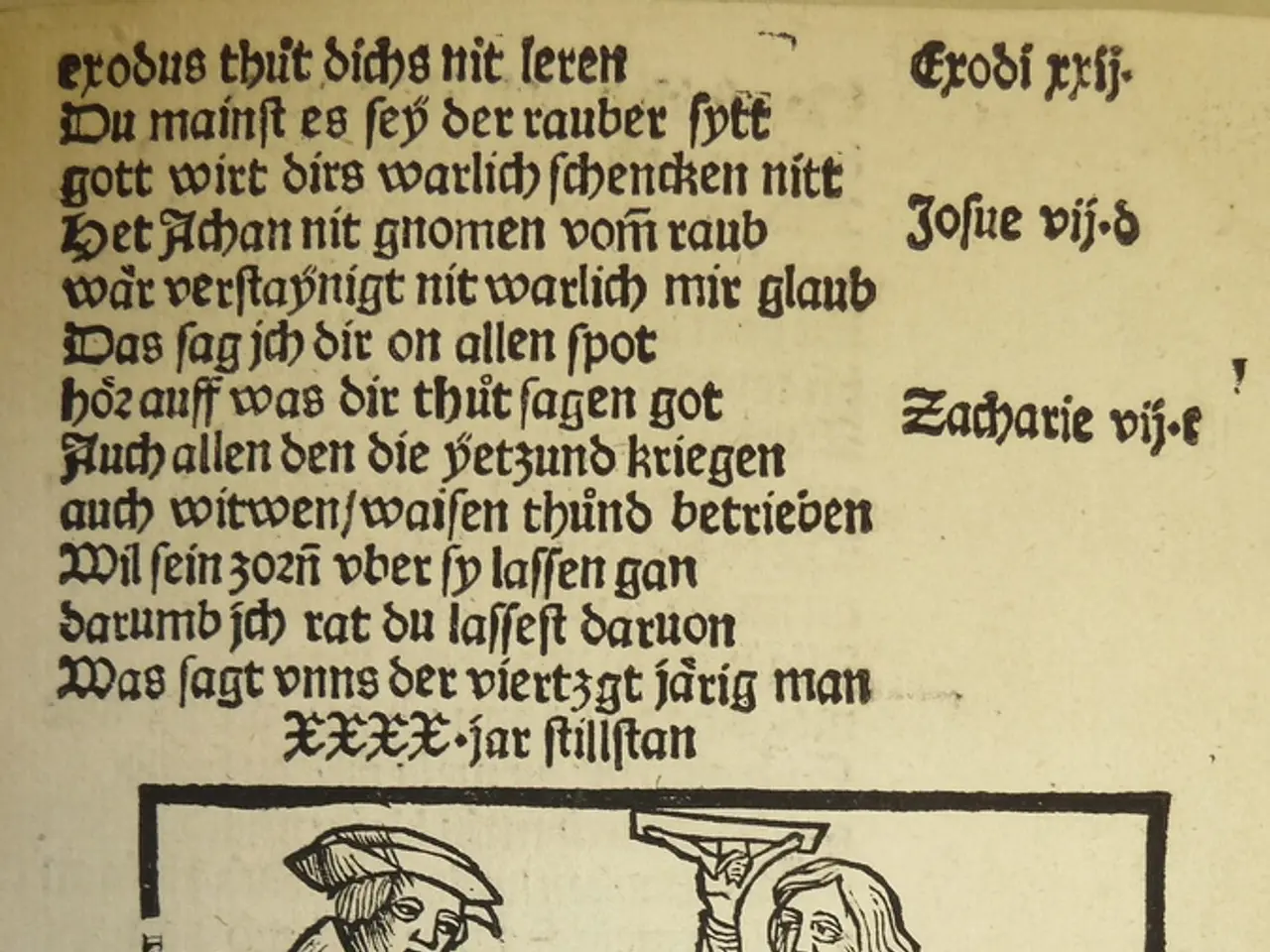In Poland, Belarusian citizens are encountering obstacles in their legalization process as Poland no longer recognizes documents originated from the BSSR, insisting instead on the attachment of apostilles.
Starting from July 30, 2025, Belarusians in Poland will be required to obtain an apostille for their birth and marriage certificates issued before 1994. This requirement is a result of updated document legalization procedures related to international agreements and authentication standards.
The Hague Apostille Convention, to which both Belarus and Poland are parties, stipulates that documents for official use must typically be apostilled to be recognized. In the case of Belarus, documents issued before widespread adoption of apostille practices (pre-1994) need to be apostilled retrospectively to ensure their validity for civil status recognition.
The apostille serves to certify the authenticity of these historical public documents for use in Poland. This will facilitate their acceptance by Polish authorities and ensure they are officially recognized without additional legalization.
It is important to note that not every Belarusian document requires an apostille. However, for older documents, including those issued before 1994, it will be necessary from July 30, 2025. This information is based on official Polish internal affairs sources, which have indicated ongoing evaluation and that the apostille will be requested for certain older documents.
The directive for this change is addressed to directors of civil affairs departments and similar offices in voivodeships. Refusals to accept documents at Polish state institutions are due to a directive issued by the Polish Ministry of the Interior on July 28, 2025. In cases where books or archives containing Belarusian civil status records have been destroyed or are no longer on Belarusian territory, a corresponding certificate should be issued.
Individuals born between 1991 and 1994 may need to replace their documents with duplicates, as certificates of birth and marriage issued in the early years of Belarus's independence were still on BSSR forms. The specific information about the requirement for an apostille for documents issued after Belarus's independence is not mentioned in the provided document.
Reports from Belarusians in Poland indicate that their Belarusian birth or marriage certificates are not being accepted without an apostille. Notably, a refusal occurred in Warsaw for the recognition and registration of a foreign act of civil status due to a duplicate birth certificate without an apostille.
In conclusion, the demand for an apostille on Belarusian birth and marriage certificates issued before 1994 arises from standardized international document authentication rules applied by Poland to ensure legal recognition and proper verification of foreign documents in civil status matters after July 30, 2025.
- The Hague Apostille Convention, to which both Belarus and Poland are parties, stipulates that documents for official use must typically be apostilled to be recognized.
- From July 30, 2025, Belarusians in Poland will be required to obtain an apostille for their birth and marriage certificates issued before 1994 due to updated document legalization procedures related to international agreements and authentication standards.





